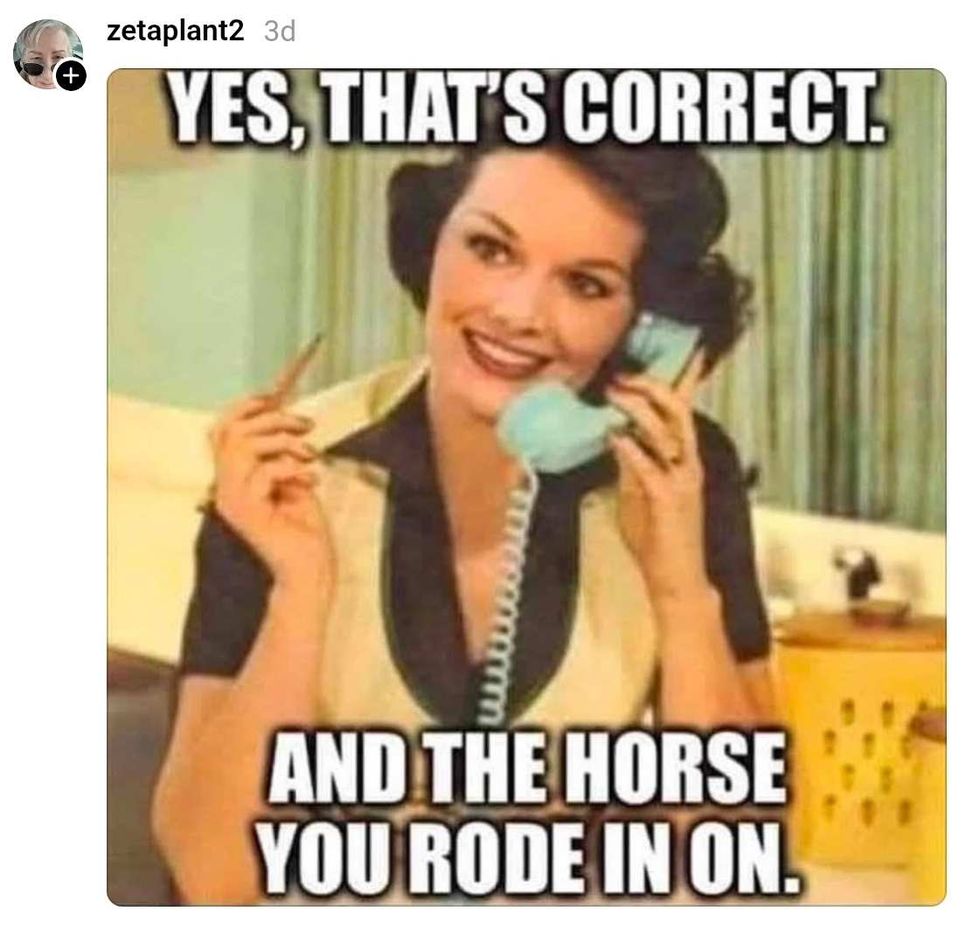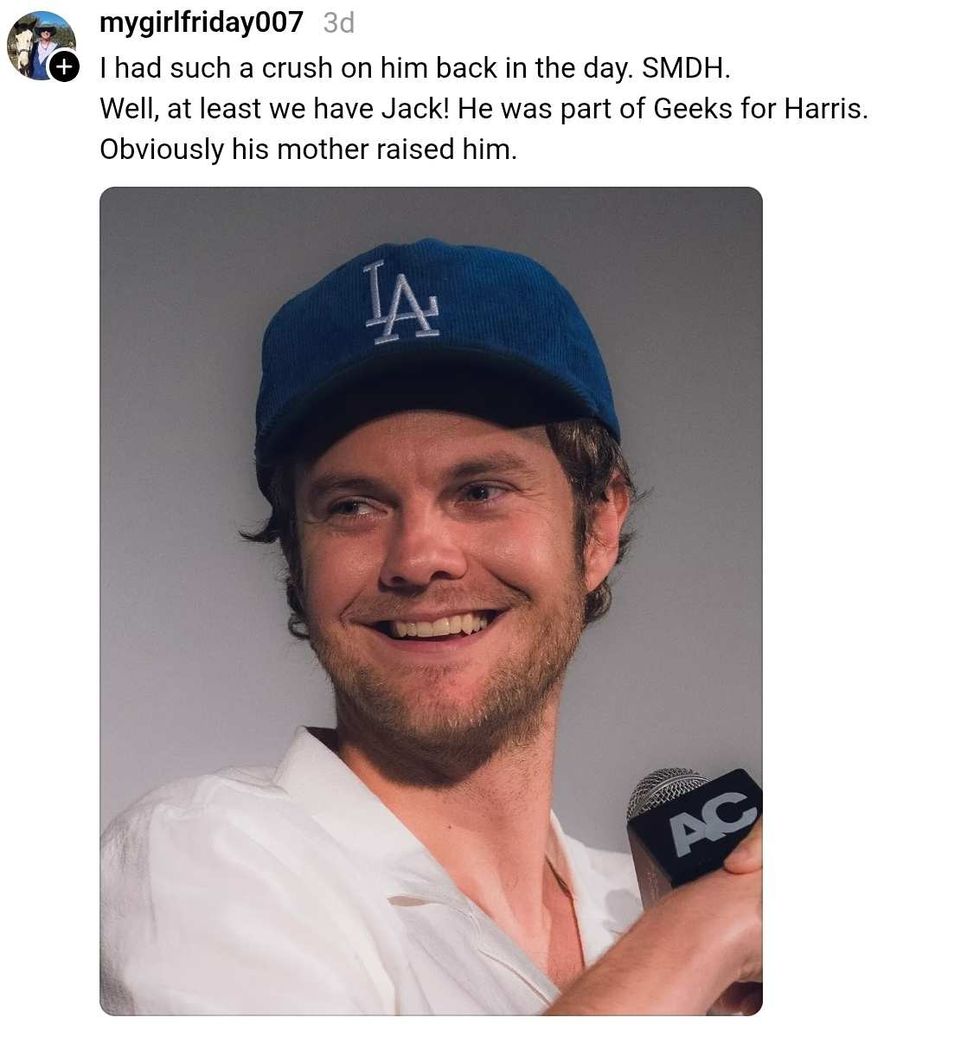You just never know where the things you carry might lead you someday.
NPR reporter Uri Berliner's father, Gert, grew up in Berlin in the 1930s, and his most prized possession was a small stuffed monkey. He'd ride his bike all over the city, his constant companion clipped to his handlebars. "He was like a good luck piece," Berliner, now 94, told his son.
But things were quickly going down a darker and darker path in Nazi Germany. In 1938, after Kristallnacht--or "Night of Broken Glass," a night of terrorist violence against Jewish people where neighborhoods, business and synagogues were destroyed--Gert, then 14, along with many other children, was separated from his parents and evacuated to safety in Sweden through the Kindertransport, a sort of Underground Railroad for children organized by Jewish and Quaker groups. In the rush to leave, Gert couldn't pack much, but he took his prized monkey with him.
Gert never saw his parents again. They were captured by the Gestapo in 1943 and sent to Auschwitz, where they were murdered.
After the war, at age 22, Gert left Sweden and came to New York, where he established himself as an artist and photographer. He'd lost his entire family. The sole thing remaining from his past was the stuffed monkey.
Flash forward to 2003: an archivist from the Jewish Museum Berlin, Aubrey Pomerance, visited Gert to ask if he might have anything from his childhood in Berlin--something museum-goers might connect to on a personal level. It was a difficult choice, but after much thought Gert decided Pomerance's museum should be a new home for the monkey, where, as Uri Berliner puts it, "it would do more good as a little ambassador to history."
Cut again to 2015: Swedish woman Erika Pettersson is visiting the museum, and comes to an exhibit composed of boxes holding mementos from Jewish children during the Holocaust. She opened one of them--just one. "And there was this toy monkey and a picture of a small kid, a Jewish kid named Gert Berliner," she told NPR. "And I thought, that's a coincidence. My mom's name is Berliner."
Her mom, Agneta, knew she had family ties to Berlin before the war. She found Gert's email address online and contacted him. And suddenly, after a life lived as a family of just three--himself, his son Uri, and his grandson Ben--Gert found that he had a whole other family in Sweden. Gert's uncle, Carl, had sent two sons to Sweden, too. And now, 80 years later, here he was on a video call with the long-lost cousins, Agneta and Erika, he never knew he had.
All because of a toy monkey.
On social media, this extraordinary story has left people stunned and overwhelmed with emotion:
At his advanced age, Gert Berliner doesn't get out much. He spends a lot of time alone, reflecting about his life, which has survived so much tragedy. But in his latter days, he recognizes he's gained back so much of what was lost. "It's a gift," he tells his son. "In my old age, I have discovered I have a family."













 @sko2535/Threads
@sko2535/Threads @hayderz/Threads
@hayderz/Threads @zetaplant2/Threads
@zetaplant2/Threads @dark_elle_akalisa/Threads
@dark_elle_akalisa/Threads @freeasfox/Threads
@freeasfox/Threads @mygirlfriday007/Threads
@mygirlfriday007/Threads drbenwayoperates/Threads
drbenwayoperates/Threads

